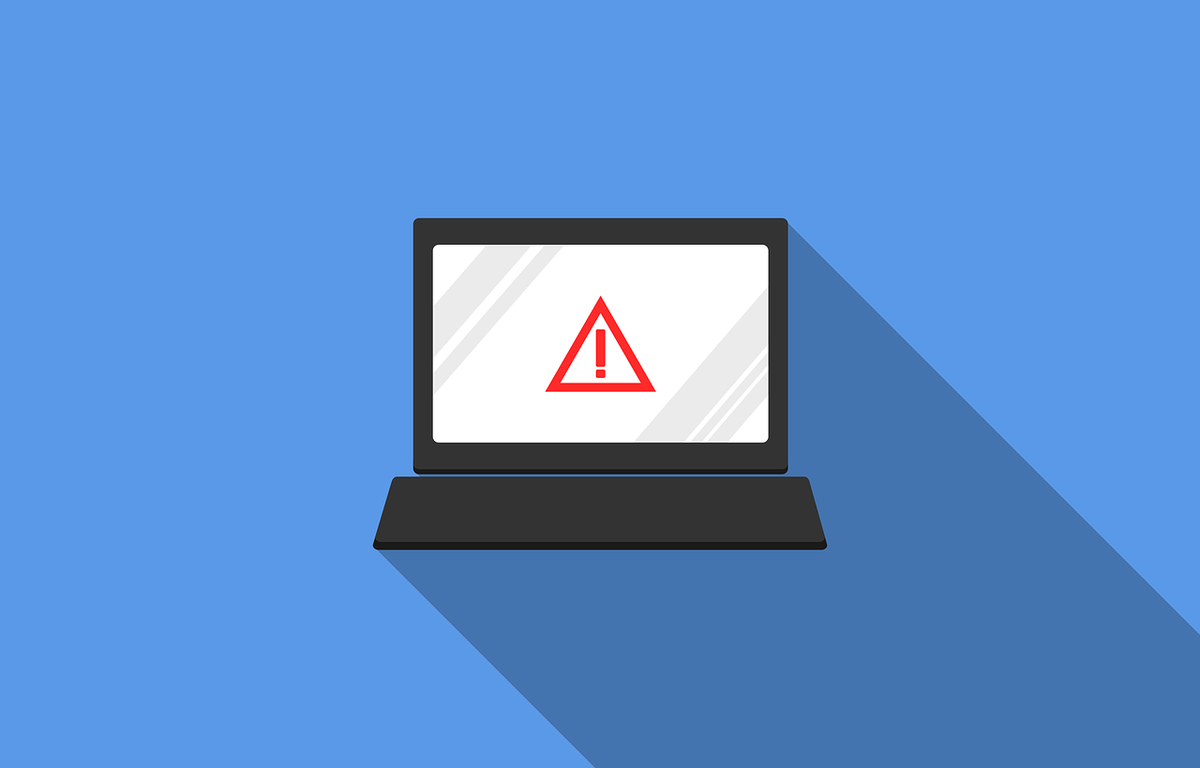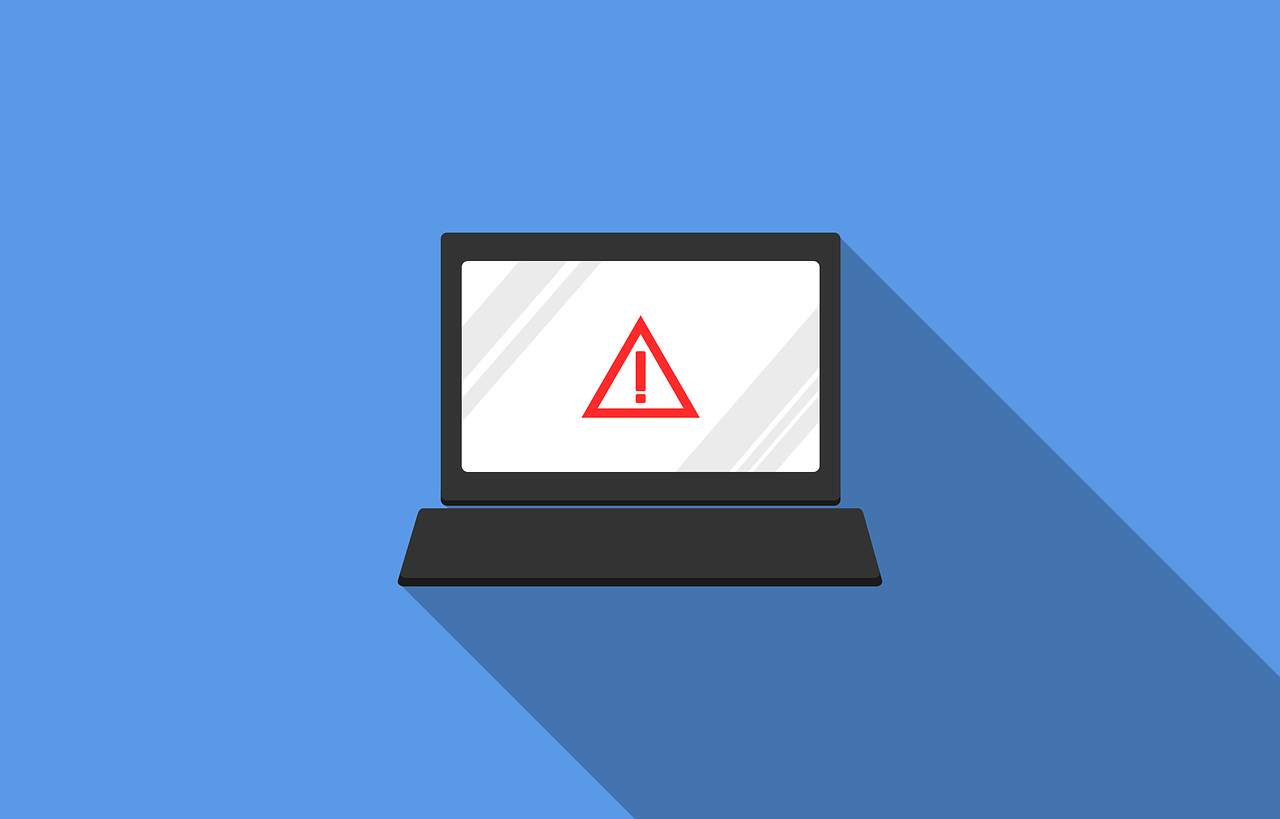Cybersecurity teams are struggling to keep up with the growing threat level


Cyber attacks are becoming more common than ever and are taking a toll on cybersecurity teams, a new study shows.
An ISACA survey shows that more than two-thirds (68%) of cybersecurity professionals say their work is more stressful than five years ago, impacting their well-being.
The reasons for this are fairly consistent: the cybersecurity landscape is changing so quickly and becoming increasingly complex that 40% say their workforce is not adequately trained, and 47% cite issues with the recruitment and retention process.
Threats are increasing
Unsurprisingly, almost half say their budget is too low (45%) and a third say cybersecurity risks are not a priority in their organization. While companies themselves admit that their cybersecurity teams are understaffed (61%), just under half have no entry-level positions open, and 38% have no open positions at all.
Only just over a third (38%) of respondents had a high degree of confidence in their team’s ability to detect and respond to cyber threats, and 41% are experiencing an increasing number of attacks. The most common attack vectors were social engineering (16%), unpatched system DoS (13%) and malware (12%).
This makes industries vulnerable. Chris Dimitriadis, Chief Global Strategy Officer of ISACA, added: “In an increasingly complex threat landscape, it is critical that we as an industry overcome these barriers of underfunding and understaffed teams.”
“Without strong, skilled teams, the resilience of entire ecosystems is at risk, leaving critical infrastructure vulnerable.”
It’s no wonder that cybersecurity teams are under pressure as attacks not only become more frequent and sophisticated, but also increasingly expensive to resolve. The average data breach now costs the victim over £3.5 million, and it looks like this figure will continue to rise in the future.




